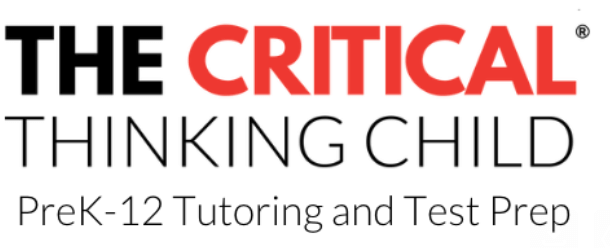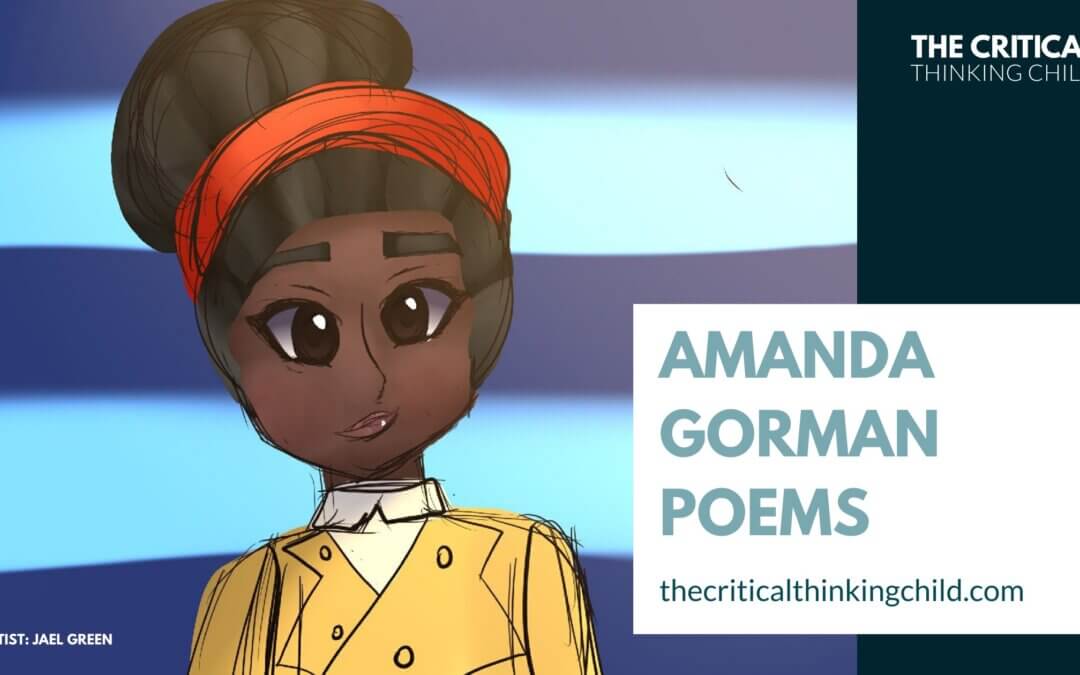Overcoming Speech Struggles Through Reading
Despite her eloquence at the inauguration on January 20th, speech and language didn’t always come easy for her. As a child, Gorman struggled with a speech impediment in which she dropped several letters while speaking, particularly the letter “r.” In an interview with CNN’s Anderson Cooper, she explained how reading and reciting poetry helped her overcome these issues. Also, she loves the musical Hamilton and used the song “Aaron Burr, Sir” to practice her “r” sounds. “I would try to keep up with Leslie Odom, Jr. as he’s doing this amazing rap,” Gorman explains. “If I can train myself to do this song, then I can train myself to say this letter. That’s been a huge part of my own speech pathology.”
Understanding Black History
In the CNN interview, she also explained that she recites a mantra before she performs any of her poetry. “I do it whenever I perform, and I definitely did it this time,” Gorman said. “I close my eyes and I say: I am the daughter of Black writers, we are descended from freedom fighters, who broke their chains and changed the world. They call me.” This mantra may be a nod to author and historian Carter G. Woodson, who is known as the “Father of Black History.” Woodson stressed the importance of black people knowing their own history and contributions to it.
As we begin Black History month, this is the perfect time to revisit black history books by Woodson and others. Woodson wrote more than a dozen books over the course of his career, including his most famous work Mis-Education of the Negro (1933).
Poetry Improves Reading + Critical Thinking Skills
Poetry is a great teaching tool that can help your child improve their reading and critical thinking skills. Poetry teaches young readers about key literary elements and punctuation, demonstrates the rhythm of words, and builds the vocabulary. Poetry also encourages creativity and critical thinking when children are asked to consider the messages within a poem—both the obvious and the implied.
Poets.org is a wonderful website that has a wealth of poetry-based lesson plans for students of all ages.
Here’s a sample lesson plan from the site to get you started.
Generally speaking, the key to teaching poetry is reading and rereading the poem to look for nuances and word choices. As the facilitator, your job is to craft thought-provoking questions that will get your child thinking and talking about the poetry.
Poetry Lesson Format
You can apply this poetry lesson format to fit any age or reading level.
- Introduce the poem and activate prior knowledge. Ask students if they have heard of the topic before, and give relevant background information as needed to help them understand the poem.
- Reading aloud. Read the poem out loud and then have students read it again, either out loud for young children or in their heads for older children.
- Have students identify new or interesting words and highlight them. Discuss the words you chose and define them if they are new vocabulary words. If they are interesting words, ask why they think the poet might have chosen that particular word.
- Ask questions. Avoid yes or no questions or questions that have only one correct answer. For poetry, you might ask how they think the speaker feels about the subject of the poem or how the poem makes them feel. For poems that focus heavily on figurative language or metaphor, push students to figure out what the poet is “really” talking about.
- Conclude with a summation activity. For younger students, you may simply have them draw a picture of how the poem makes them feel. For older students, you could have them read the poem again with appropriate feeling now that they understand the poem more deeply. You can even try a 3-2-1 writing exercise, in which students write 3 new or interesting words they found in the poem, 2 questions they have for the poet, and 1 feeling they associate with the poem.
Whether you’re enjoying poetry as a reader or teaching poetry to further critical thinking skills, enjoy Black History Month and all that poets of color like Langston Hughes, Maya Angelou, W.E.B. Du Bois, and of course Amanda Gorman have to offer!



